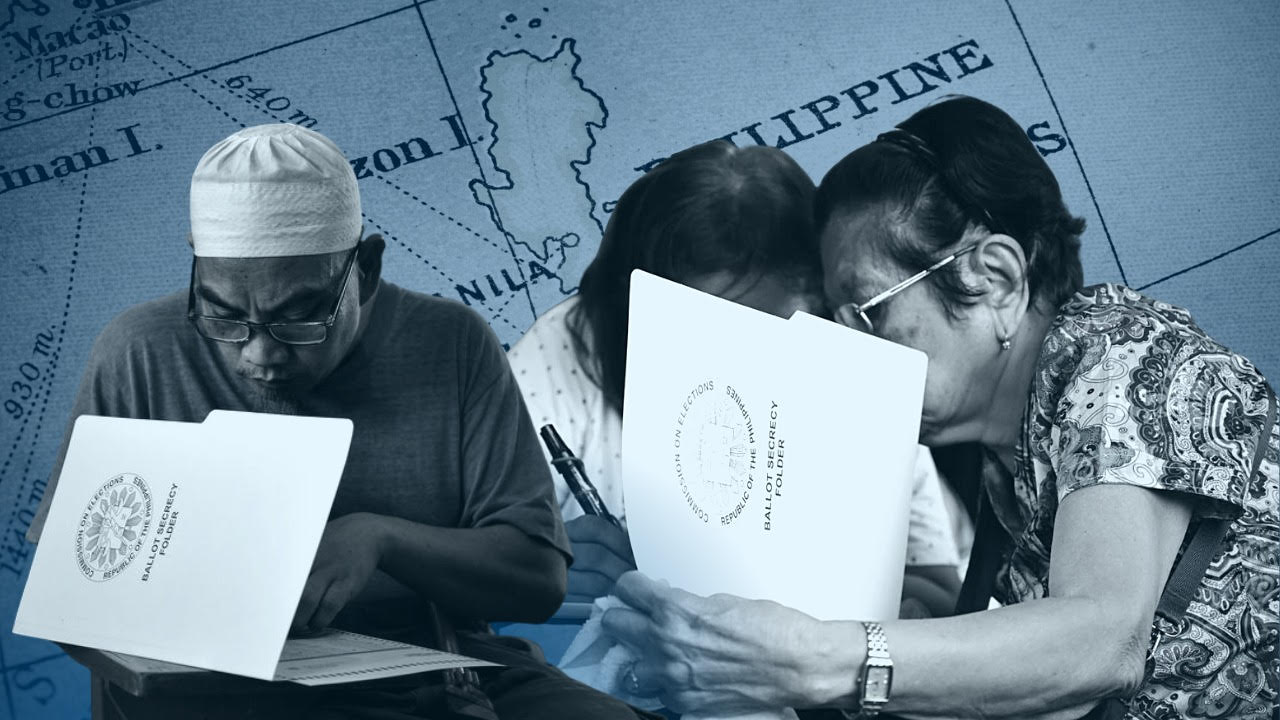MANILA, Philippines—With the barangay and SK elections on Monday (Oct. 30), Filipinos were told “the vote you cast […] may be the most important vote you will ever get to cast in your lifetime.”
Last held in 2018, close to 92 million registered voters all over the Philippines are expected to crowd 201,799 clustered precincts and 37,524 voting centers for this year’s elections.
Vin Buenaagua, a political science graduate from the University of the Philippines (UP) Diliman, said the barangay, which is the basic political unit, is “intended to be where solutions and policies most felt by and relevant to you are formed.”
READ: 2023 Barangay, SK polls: Step-by-step guide to voting, do’s and don’ts
“If it isn’t, it should be,” he said. “It can be. With your vote.”
‘Closest to us’
Buenaagua, now a law student at San Beda College Alabang, said in a think piece published by the UP sa Halalan that “while the barangay may be the smallest local government unit, it’s also the one closest to us.”
“By design, the barangay does all the things you expect the government to do on a smaller scale: implement laws, craft policy, and resolve conflicts within your community,” he said.
As stated in the Local Government Code of 1991, as the basic political unit, the barangay “serves as the primary planning and implementing unit of government policies, plans, programs, projects, and activities in the community.”
Likewise, the barangay “[serves] as a forum wherein the collective views of the people may be expressed, crystallized and considered, and where disputes may be amicably settled.”
RELATED STORY: Comelec issues rules on immediate assumption of winning barangay, SK bets
There are 42,001 barangays, and over 672,000 BSK positions are set to be filled:
- 42,001 barangay chairpersons
- 294,007 barangay kagawads
- 42,001 SK chairpersons
- 294,007 SK kagawads
Over 1.41 million Filipinos have filed their certificates of candidacy.
‘Your vote will matter’
Buenaagua said the vote one will cast will be the most important vote he she will ever cast. “But only if you believe it,” he stressed. “If you don’t, your vote will matter as little as your barangay does to you.”
When this is the case, he said “no matter who wins, you will lose.” He said “even if you don’t think barangays don’t usually matter, you have to agree that they matter during times of crisis and disaster.
READ: Lawmakers call for honest, orderly, peaceful barangay, SK polls
“Whether or not you were satisfied with how the response was handled during such times in your barangay, you can’t deny that the results of Monday will influence how future disasters and crises will be handled in your neighborhood,” he said.
Based on a think piece written by Nelson Cainghog, an assistant professor of political science at UP Diliman, and published by UP sa Halalan, “barangays collectively cost us taxpayers a fortune.”
Last year, the total national tax allotment (NTA) for barangays was P191.8 billion.
He said it was enough to cover the cost of the Pantawid Pamilyang Pilipino Program (P107.6 billion), the free higher education program (P26 billion), and the indigent senior citizen’s pension (P25 billion).
Waste no chance
Cainghog said the law, Republic Act No. 7160, allows over half, or 55 percent, of these billions of worth of NTA to pay for barangay personnel’s services—about P95.9 billion.
READ: Pick doers during past crises, House reps urge voters in barangay, SK polls
“We better choose leaders who are worth every centavo of our taxes and who will be expected to hire competent barangay staff,” he said, stressing that “it is difficult to change the system overnight but choosing the right leaders is a necessary first step.”
“Barangays seem small and inconsequential, but corruption, dysfunction, and ineptness at this level could mean billions of pesos of wasted opportunities if not community decay,” Cainghog said.
RELATED STORY: EXPLAINER: Vote-buying, selling
